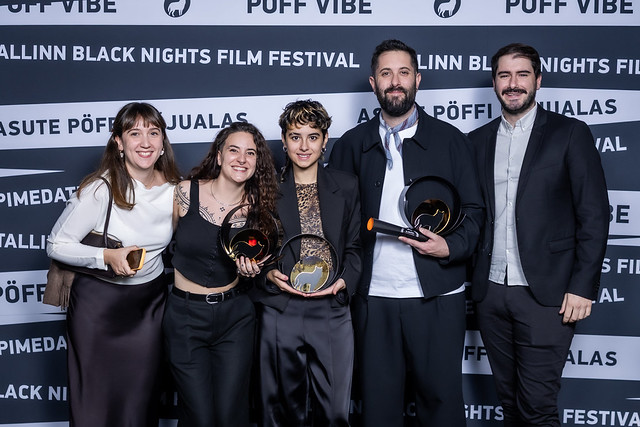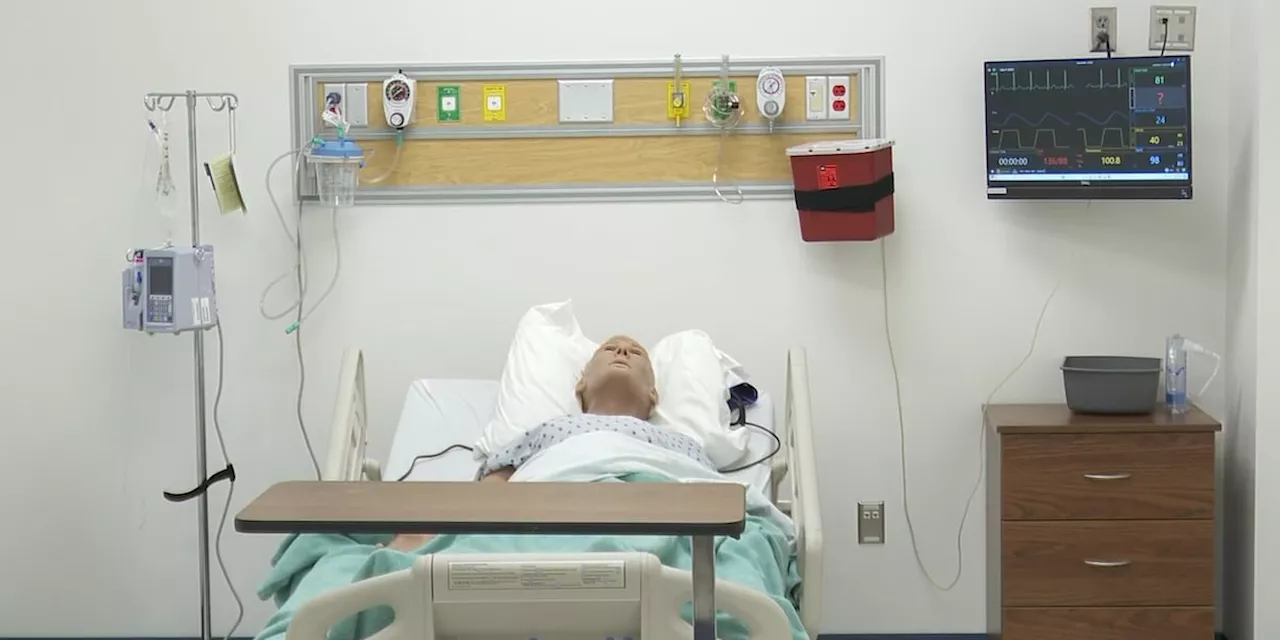
The 29th Tallinn Black Nights Film Festival concluded with a vibrant awards ceremony, celebrating cinematic achievements and highlighting the theme of family. The festival, which ran from November 7 to 23, showcased an impressive array of films, but it was the family drama “The Good Daughter” by Julia de Paz Solvas that captured the spotlight, winning the top Grand Prix award alongside two others.
In a powerful display of talent, non-professional actress Kiara Arancibia received the Best Actress award for her “mesmerizing performance” in the film. The audience also selected “The Good Daughter” as their favorite, a significant accolade for sales agent Beta Cinema. The jury praised the film for its realistic portrayal of a teenage girl navigating family conflict. They noted the film’s careful handling of difficult themes, complemented by honest performances and understated cinematography.
During the ceremony, Julia de Paz Solvas expressed gratitude to her co-writer, Núria Dunjó, highlighting their shared mission to reclaim children’s rights in the context of violence within familial relationships. This sentiment resonated throughout the festival, which brought together filmmakers and audiences to reflect on pressing social issues.
Celebrating Family and Resilience in Cinema
The theme of family extended beyond the Grand Prix winner. The Turkish film “LikeLike” secured awards for Best Director for Ali Vatansever and Best Original Score for Erdem Helvacıoğlu. Meanwhile, the German production “The Frog and the Water” earned recognition with joint acting awards for actors Aladdin Detlefsen and Kanji Tsuda, who portrayed brothers formed by choice rather than blood.
The festival’s atmosphere was charged with themes of togetherness and resilience, particularly in light of the ongoing conflict in Ukraine. Norwegian screenwriter Ståle Stein Berg, who won Best Screenplay for his political satire “No Comment,” emphasized the importance of comedy as a coping mechanism in turbulent times. He encouraged attendees to continue creating art that fosters connection and love amidst adversity.
Danish filmmaker Christian Bonke received both the Fipresci Award and Best Film in the First Feature Competition for “Hercules Falling,” a film that explores the lingering effects of trauma from war. In his acceptance speech, Bonke highlighted the film’s relevance in the current global landscape, dedicating it to the victims of conflict and calling for peace and diplomacy.
A Showcase of Global Talent and Innovation
The festival attracted nearly 860 accredited guests from around 50 countries, marking it as a significant event for content from the Baltics, Nordics, and Central and Eastern Europe. Tiina Lokk, the festival director, emphasized that the focus remains on film as an art form, rather than on glamour. She expressed excitement for the upcoming 30th anniversary of the festival, promising a celebration of cinematic excellence.
Lithuania stood out at this year’s festival, securing nine awards across various categories, showcasing the strength of its emerging filmmakers and producers. Gabriele Urbonaite won Best Director for “Renovation,” a film that also addressed significant societal issues.
Finland also made a notable impact, with “Days of Wonder” winning Best Film at the Doc@PÖFF International Competition and “The Well” receiving the Eurimages Co-Production Development Award, valued at €20,000 (approximately $23,000).
The festival also celebrated animation, honoring Estonian director Janno Põldma with a Lifetime Achievement Award for his contributions to children’s cinema.
The 29th Tallinn Black Nights Film Festival not only highlighted the power of storytelling but also reaffirmed the role of cinema in addressing critical global issues. As filmmakers and audiences unite through shared narratives, the festival reinforces the idea that art can serve as a beacon of hope and resilience.






